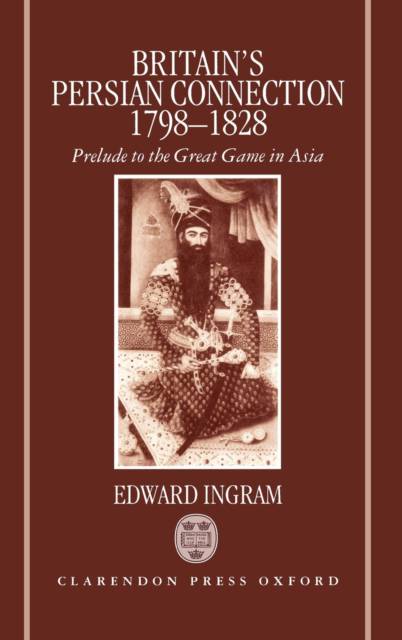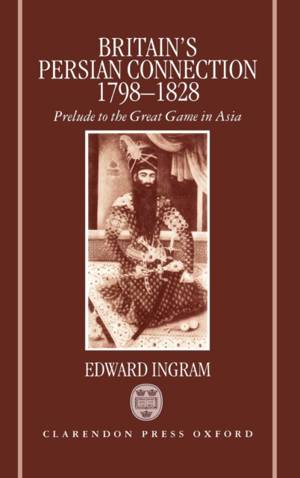
- Afhalen na 1 uur in een winkel met voorraad
- Gratis thuislevering in België vanaf € 30
- Ruim aanbod met 7 miljoen producten
- Afhalen na 1 uur in een winkel met voorraad
- Gratis thuislevering in België vanaf € 30
- Ruim aanbod met 7 miljoen producten
Zoeken
€ 209,95
+ 419 punten
Omschrijving
In 181 and again in 189 the British made a treaty with the Qajar regime of Persia. The two treaties and the attempts to define and to protect Great Britain's interests in the Middle East were known at the time as the Persian Connection. Edward Ingram's scholarly and extensively researched study shows how the British expected the Persian Connection to help them win the Napoleonic Wars and to enable them to enjoy the fruits of empire in India. Professor Ingram examines British policies and activities in the Middle East and Central Asia during the early nineteenth century, and traces the course of Anglo-Russian diplomatic relations during this period. The Persian Connection, he argues, was a measure of the status and reputation of Britain as a Great Power; the history of its first twenty years illustrates the limits to British power, as well as having much light to shed on the creation of the Indian Empire.
Alleen bij Standaard Boekhandel
+ 419 punten op je klantenkaart van Standaard Boekhandel
Beoordelingen
We publiceren alleen reviews die voldoen aan de voorwaarden voor reviews. Bekijk onze voorwaarden voor reviews.












